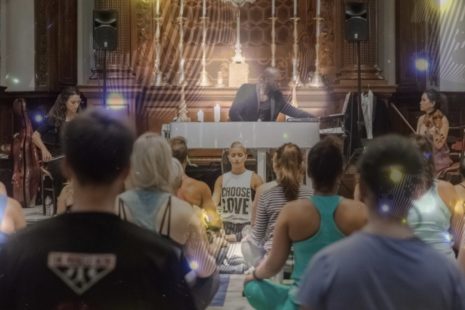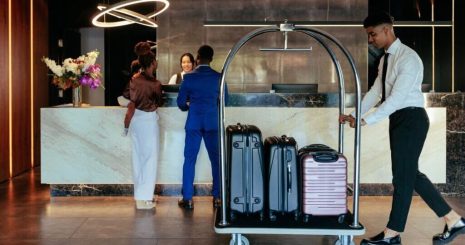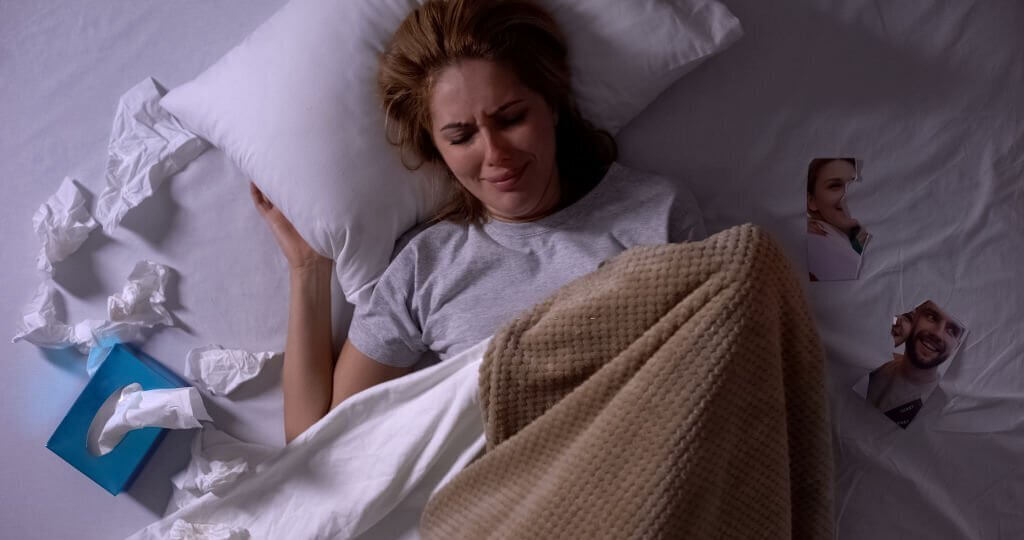As a nation, we’ve come a long way on the topic of mental health. But arguably, some topics still remain taboo, whether it’s period health or loneliness. Of course, it’s not just women who suffer from loneliness, and the high rates of suicide among young men could reflect this. But why is admitting to loneliness such a taboo issue – and what could be done to help?
Gerard Barnes is the CEO of mental health treatment specialists Smart TMS. “Communication is vital to our health, wellbeing and overall happiness. However, loneliness and isolation are now rampant in our society. In fact, there has been a dramatic increase in the number of GPs reporting that they are regularly visited by patients whose mental health is suffering, and simply need someone to talk to,” he says.
Why are we lonely in the first place?
Technology
In today’s world, we’re all super connected, thanks to WhatsApp and easy travel, and super busy, thanks to longer working hours. There seems to be the implicit notion that busy is better, and if you aren’t busy, or don’t have the active social or dating life that apps like Tinder have facilitated, you can be made to feel as though there’s something wrong with you.
But the technology actually leaves less room for face to face interaction, which is detrimental. Rutger Bruining is CEO of biography-writing StoryTerrace. “As humans, we crave real, rewarding relationships and interaction that will add depth to our lives. Spending time and sharing stories with the people that you love is something that simply cannot be replaced,” he says.
He goes on, “StoryTerrace’s research finds that 1 in 10 people in the UK can’t remember the last time they had a meaningful conversation with someone that wasn’t online. The same number of people say that they rarely have meaningful conversations, even with those close to them. People who are the most satisfied are surrounded by a strong community of family, friends and fellow citizens with whom they have regular, positive interactions.”

Fewer connections
Malminder Gill is a hypnotherapist. “We are lonely because we lack genuine connection with a ‘safe’ person. We aren’t making an effort to build a connection beyond daily obligations. Perhaps we don’t feel worthy of a real connection or even fear emotional intimacy or struggle to dispense trust. Creating a genuine connection with someone is much more than compatibility or seeking out common interests. It’s a mutual feeling of safety, security and trust. It’s built over time through feeling that you’re heard and understood. When this is missing, we can feel that we don’t exist or that no one cares about us.”
Why do we struggle to admit we’re lonely?
Gerard says, “the fact that there is now a stigma attached to being lonely and feeling isolated is particularly worrying. People who are struggling with loneliness may find it difficult to discuss their concerns and reach out to those around them, for fear of being seen as weak or needy. It is essential that we work to remove this stigma.”
Malminder adds, “when everyone else seems preoccupied with their busy schedules it’s difficult to find the time to talk. Admitting loneliness tends to expose our vulnerabilities and we may feel ashamed or guilty.”
What can you do to help?
Fabian Bolin is the founder of War on Cancer. He built the platform as a social network for people going through cancer, cancer survivors and their loved ones.
Communication
“Talk to your physician or social worker. Remember that these people hear about loneliness on a regular basis, and are trained to talk to you about it,” Fabian says.
He adds, “seek out local support groups. There are others out there who are likely facing the same issues. Online communities can also be great for achieving this and connecting with people.”
Gerard agrees. “I strongly encourage anybody who feels isolated to make that phone-call, send that message, or press that doorbell. Reaching out for support and interaction does not make you weak, it simply makes you human. People you talk to are extremely happy to hear from you.”
Get creative
Finally, Fabian says, “find a way of speaking up that works for you. Whether it’s through online journaling, talking to trusted friends or even taking a more creative route like music or art, the best way of speaking up about loneliness is by finding a way of communicating it that makes you comfortable.”
Remember, a little bit of kindness can go a long way.
Get your weekly DOSE fix here: SIGN UP FOR OUR NEWSLETTER
Main image: Pexels
Related Posts:
- World Suicide Prevention Day - Mind Charity is here to help
- Losing Someone To Suicide: How Running Helped With My Grief
- The Meaning Of The Ten of Pentacles Tarot Card
- The obsessive need to post selfies is a genuine…
- The Meaning Of The Queen of Swords Tarot Card
- The Meaning Of The Three of Swords Tarot Card
















